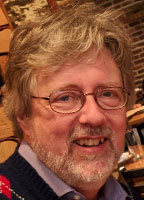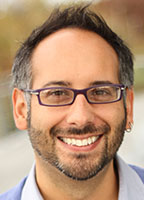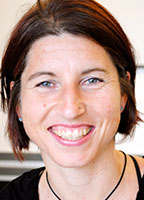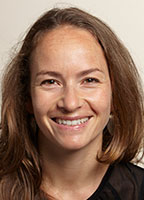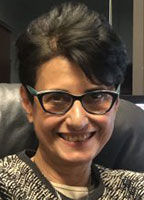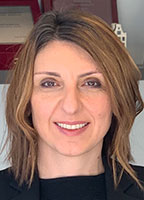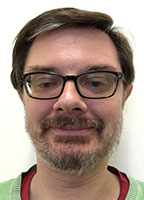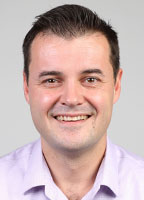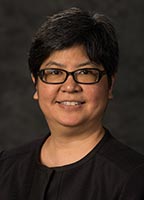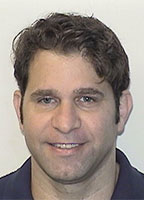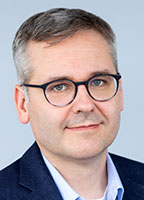From a grandmother struggling with Parkinson’s disease to a teenager dealing with schizophrenia, there are countless patients trying to manage a range of conditions with currently available therapies—and those therapies just aren’t good enough.
The scientists at the Black Family Stem Cell Institute are working to translate our findings into tomorrow’s newest treatments. Through clinical trials, we not only bring the benefits of our work to the patients who most need them, but we also gather data and insights necessary to take our science to the next level.
For us, the success of our research isn’t measured under a microscope. It’s measured by the stronger heartbeat of a cardiac patient, the cancer patient whose disease is in remission, and the daily activities that countless others enjoy as a result of the new therapies that finally enable them to move beyond their disease.
Investigators with a major focus in translational and clinical research include:

